The Timing Is Right for Anthro-Journo
Anthropology News
NOVEMBER 12, 2024
Courses in history, psychology, sociology, and political science are often part of the core curricula in journalism programs,” writes Paula Horvath in Journalism & Mass Communication Educator. Grafting ethnography onto journalism has been suggested for decades—it’s time to put it into practice.

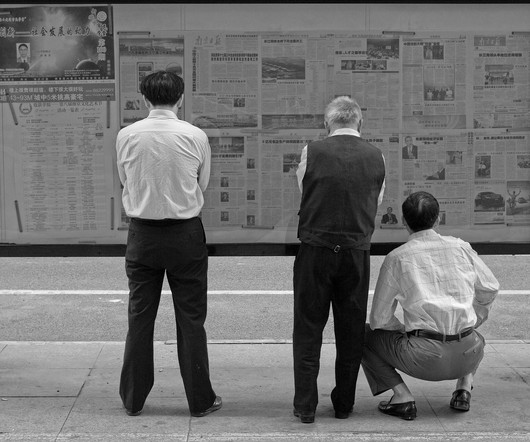
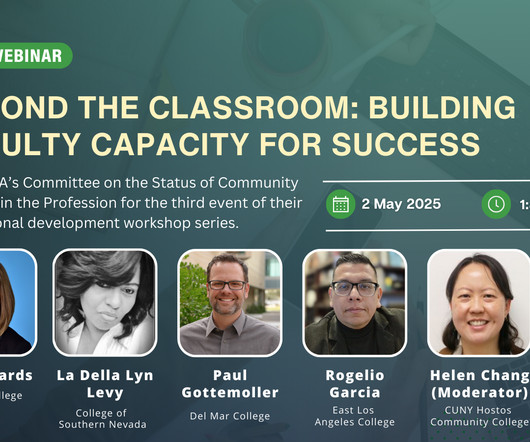
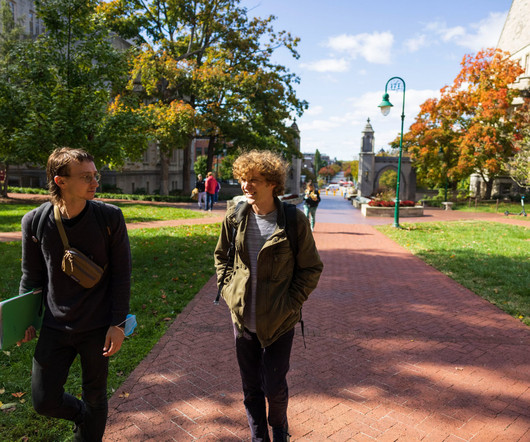

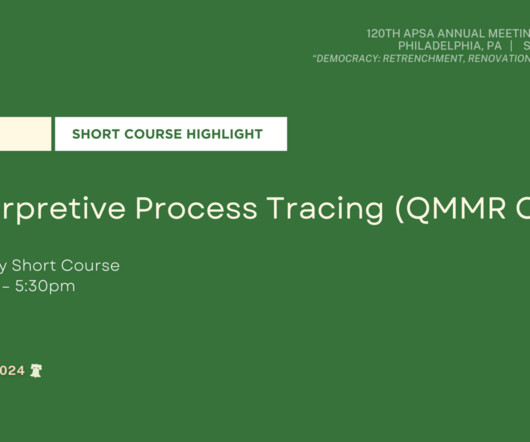
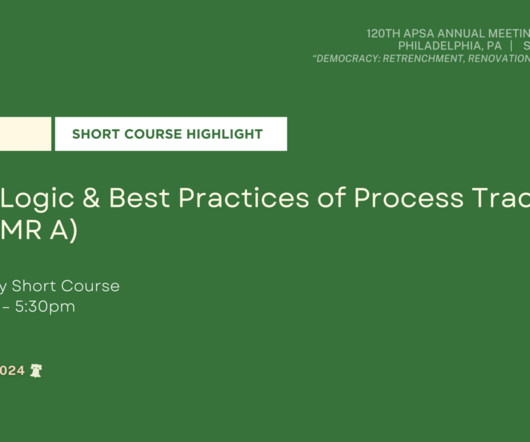

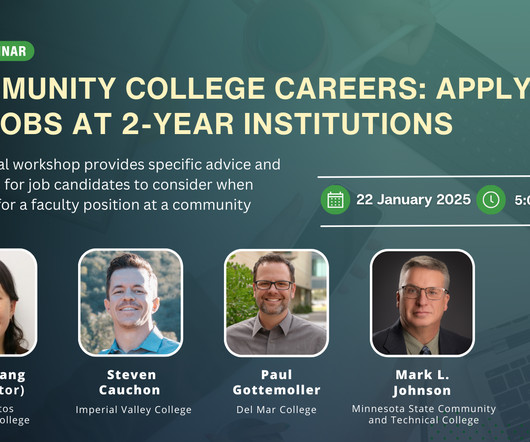






Let's personalize your content